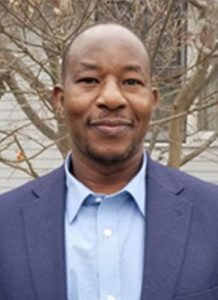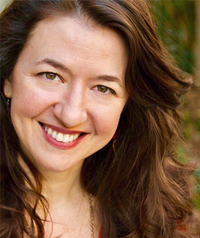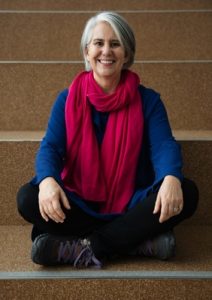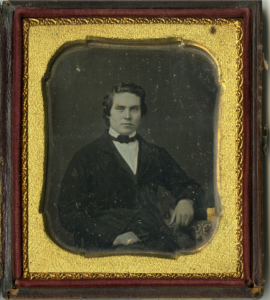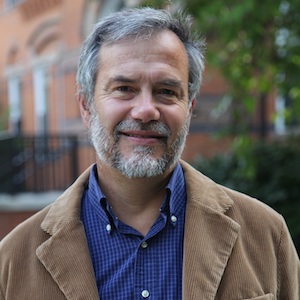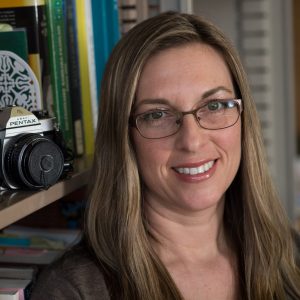Classes With CAL (College of Arts & Letters)
An MSU experience unlike any other and isn’t just for College of Arts & Letters staff and faculty retirees. All MSU alumni, friends and friends are welcome!
Attend special classes taught by College of Arts & Letters faculty, get an insider’s look at MSU’s Arts & Letters research and education, and meet fellow alumni, faculty and students.
No.2 pencil and bluebook not required!
This year’s activities will be all online, allowing remote access to anyone anywhere. Use the registration link to sign up today and get your zoom link and password. A reminder with the link and password will be sent out to you an hour before things begin on November 7th.
Program includes 5 featured talks and a Student Spotlight
10:00- 10:10 AM Welcome– Sonja Fritzsche, Associate Dean of Academic Personnel and Administration, College of Arts & Letters
10:10 – 10:35 AM Talk #1 Why Diversity, Inclusion, and Equity Matter
By Jonathan Choti, PhD, Professor of African Languages Department of Linguistics & Germanic, Slavic, Asian, and African Languages
Diversity, equity, and inclusion (DEI) have become universal values in our society today. In my talk, I will define and discuss the relevance of DEI in university teaching, with reference to my language and African cultures classes. I teach Swahili language, an IAH course, and lead a 6-week education abroad program to Tanzania known as Sustainable Community Development. My IAH class focuses on African cultures, languages, and literature. In my teaching, I find it necessary to embrace a wide definition of diversity that includes (but not limited to) race, color, ethnicity, nationality, thought, religion, socio-economic status, academic discipline, career, marital status, language, age, gender, gender expression, gender identity, sexual orientation, mental or physical ability, employment status, and learning styles. Diversity reminds me that differences among professors and students (people) is a strength to be exploited, not a weakness to deprecate. I embrace the tenet of equity to guarantee fair treatment, access to opportunities, and progress for all students while striving to identify and eliminate barriers that normally prevent the full participation of some students or groups. With equity in mind, I strive to understand my students, accommodate different viewpoints, assist slow learners, accept learner differences, and inculcate confidence in all students. To align my teaching to the principle of inclusion, I genuinely bring traditionally or situationally excluded students and groups into the learning process and classroom decision-making activities in a way that shares power and ensures equal participation and access to opportunities and learning resources. I strive to give every student an opportunity to air his or her views through question/answer sessions, one-on-one sessions, reflections, and individual and group presentations. The education abroad program I lead to Tanzania is an excellent opportunity to try out the values of diversity, equity, and inclusion in higher education.
10: 35- 11:00 AM Talk #2 Innovations in Modern Choreography: Intimacy for the Stage
by Alexis Black, Assistant Professor of Movement, Department of Theatre
Intimacy Directors and Coordinators is an organization pioneering the best practices for performed intimacy, simulated sex and nudity for theatre, live performance, tv and film. The team is comprised of the professionals who were critical to the creation of the fields of Intimacy Direction for Theatre, TV and Film, creating what are now the accepted standards across the industry. Assistant Professor Alexis Black is one of 30 professionals in the world certified as an Intimacy Director for the stage with IDC. This presentation will include a brief history outlining the creation of the movement of intimacy direction, and it’s foundation in “The Pillars”; 5 elements used to create compelling physical storytelling within intimate scenes for the theatre while maintaining the physical and psychological safety of all involved.
00- 11:25 AM Talk #3 Seeing Is Believing: The Curious Case of the Contested Image of Elvira Eliza Field
by Dr. Amy DeRogatis, Professor of religion and American culture, Dept. of Religious Studies
In this talk Prof. DeRogatis will discuss the daguerreotype of Elvira Eliza Field, first plural wife of the Mormon prophet James Jesse Strange, who cross-dressed as Charles J. Douglass for six months. Elvira Field was a young Mormon girl from Michigan who secretly married Strange on July 13, 1849. Dressed as his fictitious nephew, Charley Douglass, she served as his personal secretary during an east coast mission. No one denies that Field dressed as Douglass, but recently at least one scholar has questioned if this image is legitimate. In this lecture, the image serves as an entryway into the fascinating religious movement that culminated in the crowning of a Mormon king—the proclaimed true successor of prophet Joseph Smith—on Beaver Island, Michigan. Strang’s story is rich with golden plates, angel visitations, visions, secret rituals, new scripture, plural marriage, political intrigue, and scrappy fights with Brigham Young. The presentation will address the artifact, the interpretation of it, and the role that both image and interpreter play in the stories we tell about religion and American culture.
11:25- 11:35 Break for refreshments
11:35- 12:00 Talk #4 Babylon Revisited: History, Memory, and Forgetting in Psalm 137
by Dr. David Stowe, Professor, Department of Religious Studies
Before COVID-19, ours has been called the Age of the Refugee. No text has spoken of exile and displacement more compellingly than Psalm 137, which begins: By the rivers of Babylon, there we sat down, yea, we wept, when we remembered Zion. For many centuries this short Hebrew poem has been a cultural touchstone for music and religion across the Atlantic world and beyond. This interdisciplinary talk demonstrates the psalm’s enduring place in popular culture.
12:00- 12:25 Talk #5 Archive of Malian Photography: Supporting the Preservation & Accessibility of Photographic Archives in Mali, West Africa
by Dr. Candace Keller, PhD Associate Professor of African Art
Since 2009, the Archive of Malian Photography (AMP)—a collaborative partnership of archival custodians, photographers, students, and scholars from diverse fields—has been preserving, digitizing, cataloging, andrenderinggloballyaccessible128,000+ photographic negatives from the archives of important photographers in Mali, including MamadouCissé, AdamaKouyaté, AbdourahmaneSakaly, MalickSidibé, and Tijani Sitou. Recording local aesthetic practices and innovations, methods of identity construction and preservation, and cultural and political transformations during the twentieth century, these primary sources make significant contributions to global histories of photography as well as to multidisciplinary studies of western Africa.This presentation will provide an overview of the project and discuss the primary ethical and practical challenges that AMP has tried to address over the past ten years.

